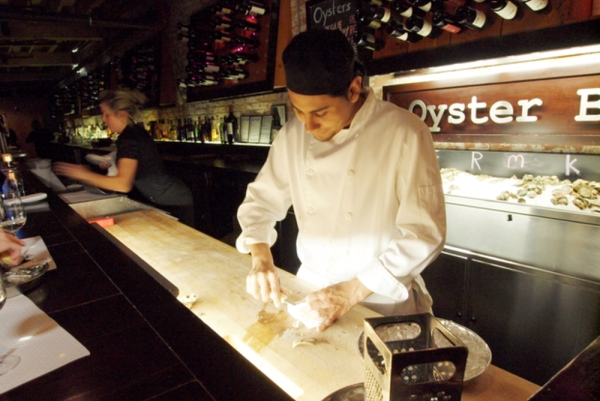It’s an uphill battle. Ask most people what they think about tourism and hospitality jobs and you’ll likely hear about dead-end, low-paying, low-skilled work that serves only to pay the bills until something better comes along. This impression has been fostered across Canada for years, by everyone from parents, teachers, and guidance counsellors to politicians and the media to the very people who work in the sector.
This narrative may finally be changing, thanks to a coordinated, concerted effort to combat negative stereotypes, innovate attraction and retention practices, and draw positive attention to a sector that employs 1 in 10 working Canadians and is one of the fastest growing in the world, outperforming the global economy for the past seven years.
A key piece of this is the Government of Canada’s Tourism Vision, which shows a national commitment to supporting and strengthening the sector across the country. Investments in marketing, access, and product are improving our destinations…and increasing a sense of pride amongst the 1.8 million Canadians working in them.
To keep the momentum going, we need to shift how we speak about tourism and hospitality and call out misconceptions and falsehoods. How? Here are some ideas.
- Choose your words carefully. Be mindful when referring to “low-skilled” or “starter”. All jobs require individuals to learn skills and perform them in the most efficient way possible. Calling a position “low-skilled” minimizes these efforts. And while tourism employs a high percentage of young people, many of whom will transition to other industries, plenty of people make a career in the sector. Others are transitioning from different industries and are bringing years of experience with them. That “starter” job may be something they’ve worked hard to attain or an opportunity for them to share their knowledge and skills. Let’s applaud their achievements. Use the actual job title where possible, or try other terms like “hospitality” or “culinary” positions.
- React. (Politely, of course.) Reading an article that makes tourism sound like a dirty word? Conversing with someone who says they’d never want to work in hospitality? Question why and provide facts on the benefits tourism provides and the variety of work experiences and opportunities for advancement available.
- Be proud. Explain what you do and what a key role it plays in the economic and social growth of your community. Don’t be shy about sharing your or your colleagues’ successes, whether it’s a formal award or simply a job well done.
- Be helpful. If someone expresses an interest in learning more or in working in tourism, encourage them in any way you can. Share your experiences, offer to mentor them, connect them with others in the industry, or point them to education or training programs that will get them started. That immediate support and the realization that you can build a career in tourism will leave a lasting impression.
- Be honest. There are some long hours, hard work, unglamorous tasks, and unhealthy behaviours in some tourism workplaces. It’s important to not gloss over these, as it will undermine your credibility. However, don’t hesitate to point out that these issues are not unique to tourism, and counter these points with examples of what the sector is doing to mitigate the issues: supportive HR practices, sexual harassment mitigation training, technological innovations, mental health awareness campaigns, charitable causes, etc.

